5 Knowledge You Should Know about CNC Machine
1. CNC Machine introduction
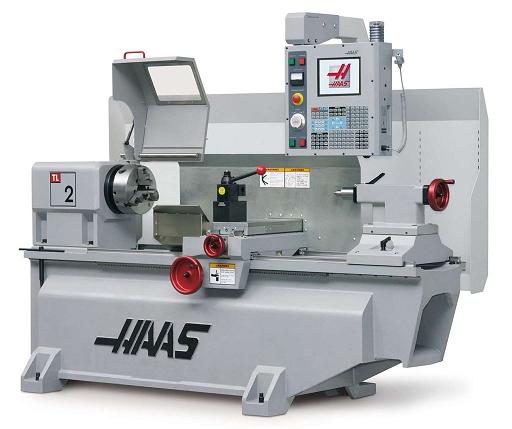
CNC machine are short for Computer numerical control machine. The CNC machine automatically processes the machined part according to the machining program.
A CNC machine are controlled by specific input instructions. Instructions are delivered to a CNC machine in the form of a sequential program of machine control instructions such as G-code and then executed.
In modern CNC systems, the design of a mechanical part and its manufacturing program is highly automated. The part's mechanical dimensions are defined using CAD software and then translated into manufacturing directives by computer-aided manufacturing (CAM) software. The resulting directives are transformed into the specific commands necessary for a particular machine to produce the component, and then are loaded into the CNC machine.
2.Widely used CNC Machines
There are several types of CNC machines that can be found in CNC Machine shop today. Some of these include:
CNC Milling Machines
--A mill uses rotary cutters to shave, cut or slice sections off of a work piece. CNC technology enables far greater precision in milling than when the operation is performed manually. The CNC milling machine can be programmed to vary in depth, angle and direction of cut. A 3-axis machine operates along both the X and Y horizontal axes, as well as the Z vertical axis. A 4-axis machine includes a rotary dimension to its linear capability, which allows it to cut along an arc.
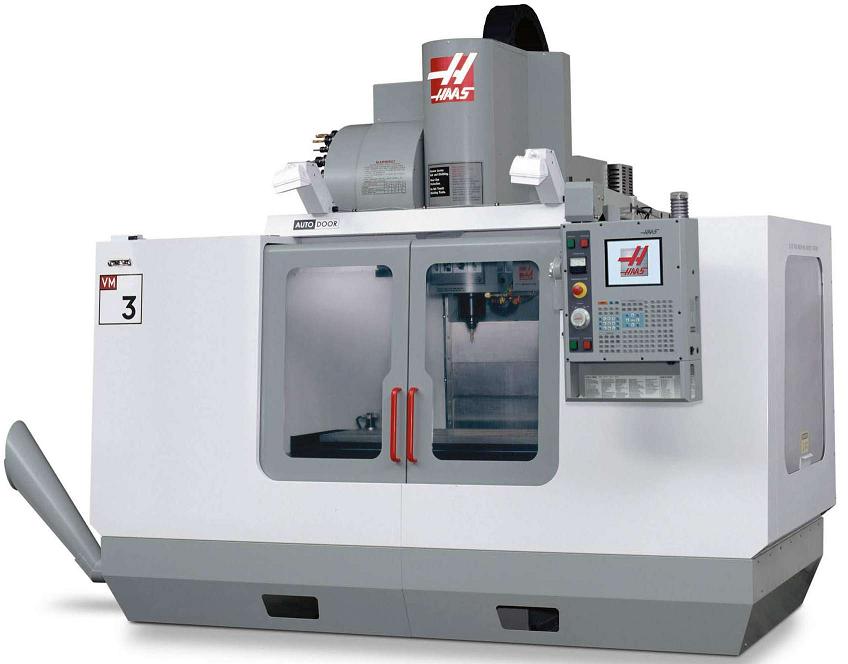
CNC Lathes or Turning Machine
– – Lathes used in turning centers operate by rotating the material rapidly on a spindle. While the material is turning, a cutting tool is used to shape the piece into its desired form. CNC lathes are ideal for manufacturing symmetrical objects that have conical, spherical or cylindrical shapes.
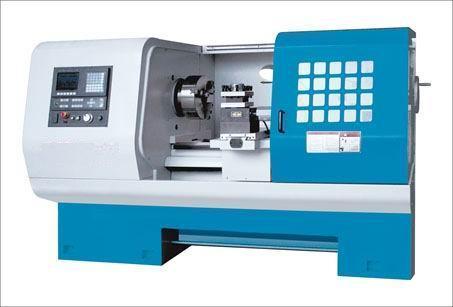
CNC Drilling Machines
--Sophisticated drilling machines can be programmed using CNC technology to ensure precise positioning of holes in materials. With thick material, a process called peck, or interrupted cut drilling is used to drill the hole in a stepwise procedure.CNC turret drilling machines have several drill bits and cutting tools mounted on a turret. Automation enables the required tool to be indexed quickly and accurately into position for drilling.
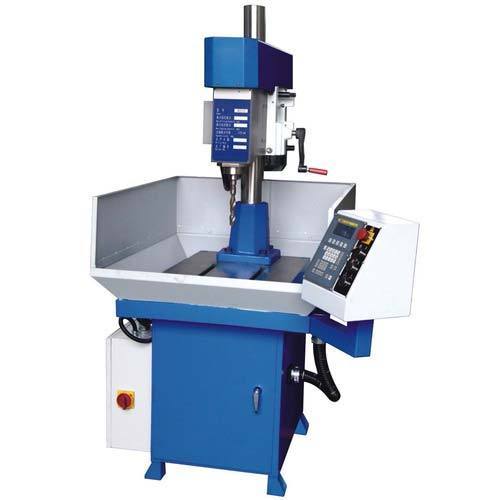
CNC Grinders
-- Grinding machines use a rotary wheel, which abrades the material by grinding or grating it into the desired shape. CNC grinders are easier to program than lathes or milling machines because they do not require the same level of precision.
CNC Plasma Cutters
– Plasma cutters use a plasma torch to cut sheet metal. They are ideally suited for cutting two-dimensional shapes.
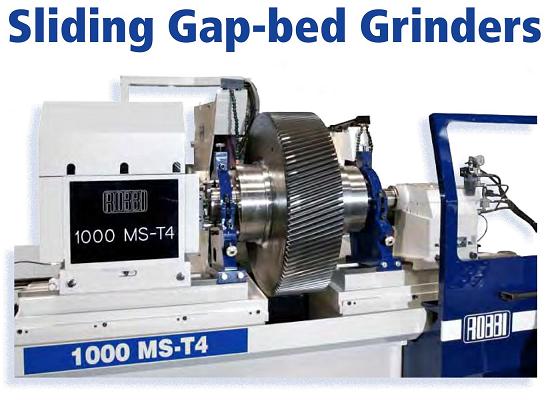
3. Widely used CNC Machine Brand
Spanning from 5-axes to machining centers, there's are dozens of manufacturers making them. Here are the top 4 brands of CNC milling machines for reference.
1. Okuma CNC Machine
Boasting over a century of experience and the largest distribution network in America, Okuma is one of the biggest players in the machinery industry. Notably, the company is the industry’s only single-source provider, with the CNC machine, drive, motors, encoders, spindle and CNC control all manufactured in house.
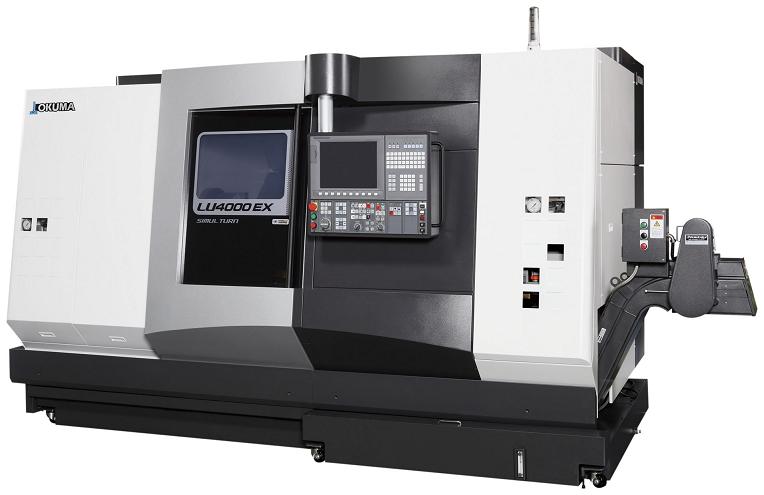
2. Haas CNC Machine
Haas has only been around since the 80s, but in that time they've made quite a splash. Aside from doing all of its production and manufacturing in the US, Haas is notable for its spread across all levels of machining expertise. For upstarts Haas offers relatively affordable prices, as well as comprehensive tutorials on every aspect of operating their mills. For the more seasoned shop owner, they offer quality that can easily rival their Korean and Japanese counterparts (especially in their exemplary VMC's), as well as an array of machine tool accessories. Haas machining centers are probably the most "one size fits all" CNC milling machines.
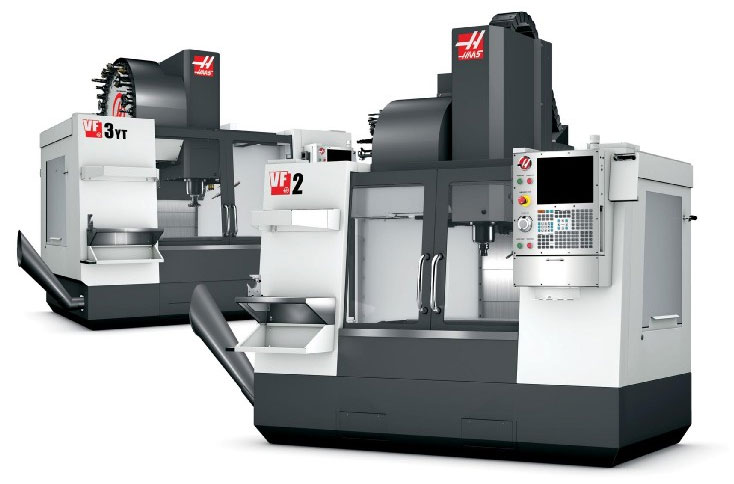
3. DMG Mori CNC Machine
Another Japanese manufacturer and 5-axis specialist, DMG Mori, often known by its former name Mori Seiki, is a brand with a global presence. With locations in six continents, a 24/7 service hotline, and warehouses full of replacement parts, they are one of the best companies to work with in the machining world. But don't think their good name rests entirely on customer service; they also manufacture some of the finest CNC mills in the world. Their CMX series in particular is known for mixing precision with ease of use.
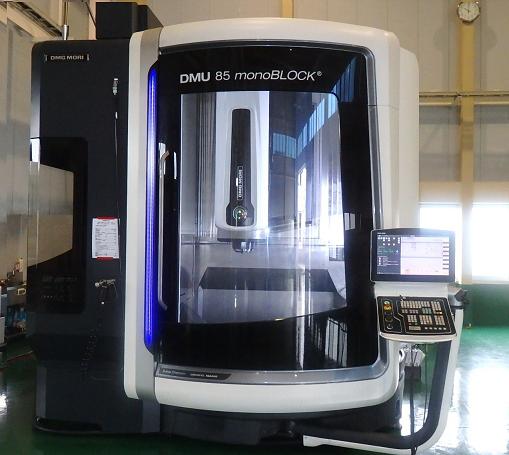
4. Mazak CNC Machine
You can never go wrong with a Mazak. With a legacy stretching back almost a hundred years, and use in industries from aerospace to agriculture, Mazak is one of the leading manufacturers of every type of machine they produce, including a large variety of CNC Milling Machines, their 5-Axis machines being particularly noteworthy. The company is also known for creating world class multi-tasking machines, which can handle turning, milling, boring, and more, all in one machine. Obviously, though, such a machine isn't cheap, and nor are any of their machines.
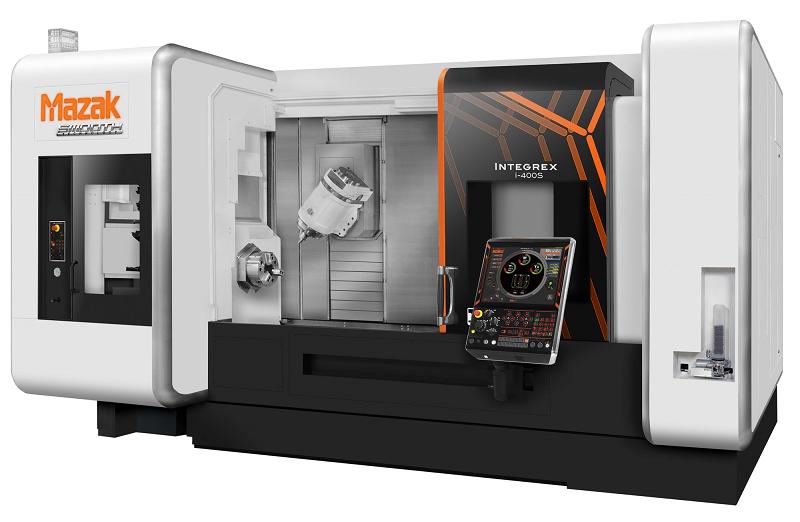
4. CNC machine Programming
The basic CNC machining process includes: designing CAD models, converting CAD files to CNC programs, preparing CNC machine, performing machining operations, and designing CAD models.
CNC machining is a manufacturing process suitable for various industries, including automotive, aerospace, construction, and agriculture, and capable of producing a variety of products. The process includes several different computer-controlled machining operations, including machinery, Chemical, electrical, and thermal processing processes that remove the necessary materials from the workpiece to produce custom-designed parts or products. The most common mechanical CNC machining operations include: drilling, milling, turning, CNC drilling, etc.
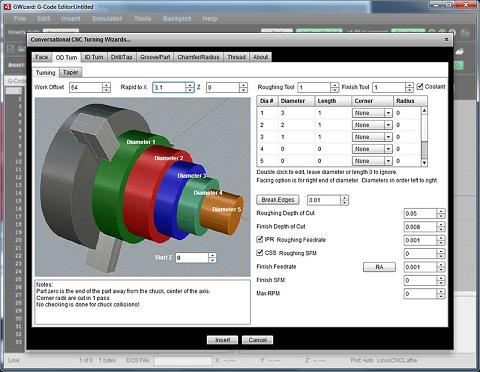
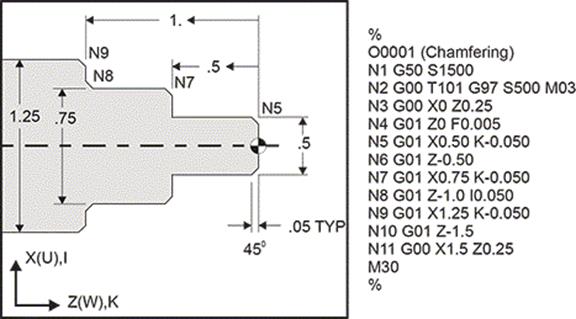
5.The future of CNC Machine, Robot & Automation
As CNC milling machine technology becomes increasingly more sophisticated,Thanks to Industry 4.0, the development will integrate with Robot and Automation.
How will these changes impact on manufacturing processes and the manufacturers who utilize them? We explore below.
(1) Compact in Size
As technology advances, it is clear that CNC machines are getting smaller and more compact. This makes storage of these machines easier, which enables more people to use them given that space is no longer a compromising factor when considering investing in one of these machines. Along with being more portable, an added benefit of a more compact machine is their ability to connect to other small machines as part of the manufacturing process. This move to being more compact echoes our mobile phones, laptops and pedometers, and is likely to become easily customisable based on user and industry preferences.
(2) More Affordable
As well as becoming smaller in size, the price tag on CNC milling machines is also decreasing, ensuring that people are able to invest in their own machinery and carry out production work on site, rather than having to outsource expensive work overseas.
(3) Smart machining
Intelligent controls. Adaptive manufacturing. The world has become "computerized," and so too has the job shop. Today's machine tools are complicated, complex, and very rarely stand alone. They almost always are connected to something, be it automation, an enterprise resource planning (ERP) system, or in situ measurement equipment. And, the more systems that are connected together, the more likely a communication problem becomes.
However, CNC developers, machine tool builders, and robot suppliers are beginning to join forces to make communication easier and streamline the programming process.
(4) Integration with robot
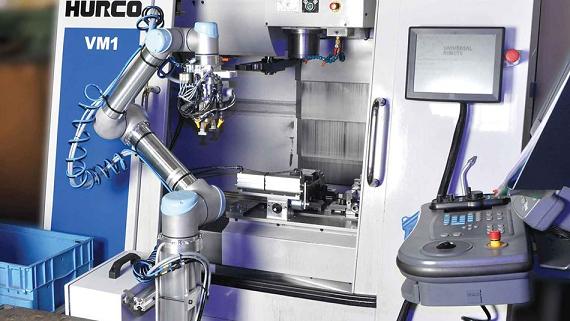
In the field of CNC machine tool processing applications, the integration of local machine tool loading and unloading robots and CNC machine tools has been at the forefront of development. From the perspective of industry application, there have also been major changes:
a. Working island:
single-pair single-link machine plus single-to-many online processing.
b. Flexible Manufacturing System (FMS):
Based on the network control of the flexible machine plus line, the PLC control platform is used to connect multiple robots, multiple CNC machine tools and their auxiliary equipment through the industrial Ethernet bus mode. Beats are produced in an orderly manner.
c. Digital workshop:
With CAD\CAM\CAPPS\MES auxiliary production tools, logistics technology and sensing technology, with production process monitoring, online fault real-time feedback, processing technology data management, tool information management, equipment maintenance data management, products Information recording and other functions to meet the needs of unmanned processing, to achieve production planning, operational coordination and optimization of the processing system.
d. Smart Factory:
With the intelligent workshop layout and ERP information management system, it will maximize the innovation of traditional production methods. The database of the information management system can interface with various external information systems through the gateway, connect the workshop to the ERP system, query the production status of the workshop, and realize the efficient configuration of enterprise resources. With its SMS platform and mail platform, the database can be used by the administrator. Real-time reporting of equipment failures, production schedules, etc.
Robots participate in machine tool structural parts manufacturing to achieve automation. Special machine tools serve the precision machining of robot-specific reducers, improving the processing quality and mass production efficiency, etc. It has a large space for integration development. With the strategic cooperation between the two companies, robot companies can achieve the following goals with the help of machine tool builders’ manufacturing and process technology capabilities:
Robot-oriented body castings and reducer structural parts are jointly researched to form batch precision manufacturing technology, to improve robot batch production capacity and process level, overcome reliability and consistency technology, and achieve efficient, stable and precise production.
For the integration capabilities of robotic tooling, fixtures, and machine-added production lines, we are entrusting the promotion of robots with the help of the vast end-user channel resources of major machine tool factories.
The enterprises develop industrial robots that are urgently needed for automatic and flexible production of machine bed sheets and production lines, parts handling, scraping, chamfering, polishing, welding, spraying (powder). The machine tool enterprise and the industrial robot enterprise jointly develop to realize the automatic processing of the whole machine parts and promote the technical level of machine tool manufacturing.
The key components of the mechanical body of the industrial robot, such as the turntable, the boom, the box, the support sleeve, the arm, the wrist, etc., have high requirements on dimensional accuracy and geometric tolerances.
They also have high requirements for machining equipment, fixtures, gauges, etc. The structural optimization and processing of the key components such as the cycloidal tooth housing, the planetary pin wheel, the eccentric shaft and the planet carrier of the robot reducer are still difficult to achieve in the domestic processing equipment, assembly process and precision inspection.


